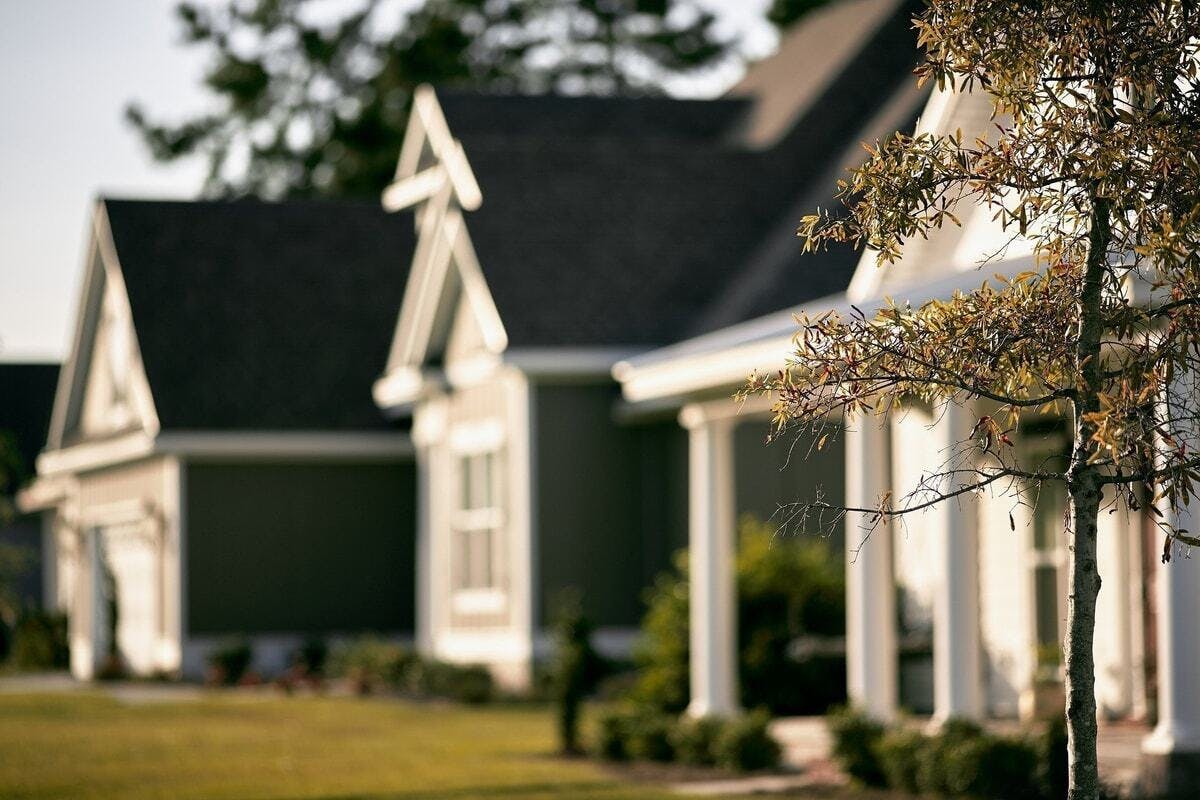What's the Difference Between a Condo, a Co-op, and a Townhouse?

Condos, Co-ops, and Townhouses: Know the Difference
As a Georgia real estate agent, you’ll want to distinguish between condos, co-ops, townhouses, and other similar properties.
Unlike ownership of a single-family home, where you own the whole deal, ownership of these types of properties is more complex. Ownership of condos, co-ops, and townhouses involves joint ownership with other neighbors, investors, or shareholders.
Condos
Condominiums, or condos, are popular alternatives to single-family homes for many buyers. They can be apartments that share walls with other units, or stand-alone units clustered on a property.
But what defines a condo is the way that they are owned. Condo owners only own the inside of their residential unit. For this reason, condos are sometimes called "walls-in" properties (because you own everything from the walls in).
Everything other than the residential units themselves is collectively owned by all of the condo development's owners. The land on which the condo is built, the hallways, the parking lot, the laundry room, the swimming pool, and anything else that is not inside a unit is shared property. This shared property is also known as “common elements.”
The Georgia Condominium Act
The “inside owner” concept is generally how people think of condos. However, thanks to a Georgia lawTable%20of%20contents%20pdf Chapter%2055.pdf Infobase governing condo ownership, in Georgia anything can be a condo.
Boat slips? Condos. Office buildings? Condos. Malls? Condos! In Georgia, a condo is simply defined by the legal relationship owners have to the land and each other. Essentially, if something has individual units owned exclusively by a buyer AND common elements that are jointly owned by all co-owners, in Georgia, it can be designated a condo.
Co-ops
A cooperative (or co-op) is a building owned by a corporation where the residents are shareholders in the corporation. Each shareholder has the right to use common areas.
Co-op ownership is a unique type of ownership because rather than owning the unit itself, owners have shares of stock in the corporation or cooperative.
PUDs
A planned unit development, or PUD, is another kind of common interest ownership property. PUDs can consist of attached townhouses or unattached homes, but they are differentiated from condos by the fact that a buyer purchases both the structure itself AND the land it sits on.
Townhouses
Townhouses, or townhomes, are another kind of common interest ownership property. It's a bit confusing because a townhouse is a type of structure: more than one story, and usually attached. In some places, townhouses are more commonly known as row houses (or, for a certain type of townhouse, brownstones).
Townhouse developments can be condos, where the owner only owns from the walls in, and the rest of the building and common elements are co-owned by all of the development's owners.
But more commonly, townhouse developments will be set up as PUDs: Owners own the entire structure and the ground beneath and then have co-ownership of some common elements.
Timeshares
Timeshares are a form of shared property ownership, sometimes referred to as interval ownership. In a timeshare, multiple owners have the right to use a property (commonly located in a desirable vacation spot) for a specified period each year.
The Georgia Timeshare Act
Georgia has a lawTable%20of%20contents%20pdf Chapter%2015.pdf Infobase regulating timeshares. It requires a mandatory seven-day “cooling off” period, during which the buyer can cancel the contract. This helps to protect consumers from the high-pressure sales techniques sometimes employed by timeshare sales agents.
Common Interest Ownership Properties
Need a visual? Here's what you actually "own" with each of the four common interest ownership properties.


The Real Estate Agent Ultimate Guide to Proptech - AceableAgent
Here’s your ultimate guide to PropTech and what it means for the real estate industry in the near future.

5 Insider Facts About the Real Estate Industry - AceableAgent
These five insider facts about the real estate industry will open your eyes to the realities of life as a real estate agent.

Buying and Selling Homes in Flood Zones: What Every Agent Should Know
While flooding can be a problem in every part of the country real estate agents need to pay close attention to home that are in flood zones.
Want to know more about being a real estate agent?
Ready to get going? Hit the ground running with everything you need to know to advance your career in real estate.
